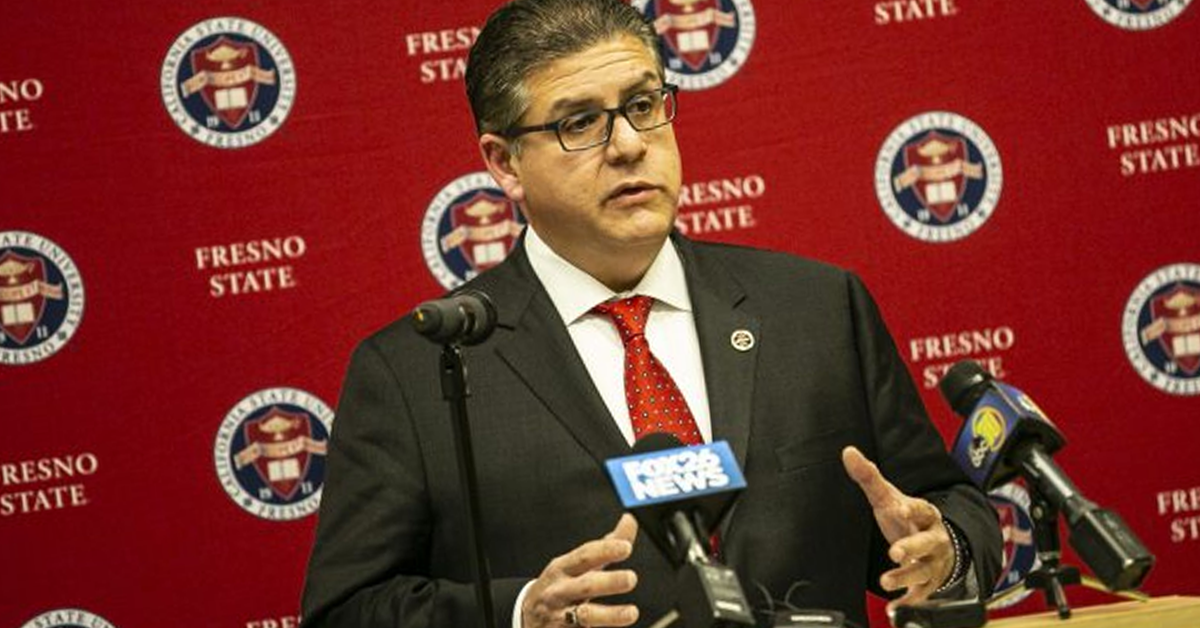In response to an expected $68 billion deficit, California Gov. Gavin Newsom has ordered a spending freeze for state agencies.
The California Department of Finance wrote a memo to other state agencies this week directing them to only use funds on necessary operations to keep the state running.
The backstory: Last week the nonpartisan California Legislative Analyst’s Office revealed that the state faces a $68 billion deficit in part because tax revenue is coming in much worse than initially anticipated.
The big picture: Department of Finance Director Joe Stephenshaw directed all departments to take immediate action to reduce current-year General Fund spending.
- He also ordered departments to take measures to ensure more prudent spending from other state funds given the $68 billion deficit projection.
- “It is vitally important that state government is efficient, effective, and only expends funds that are necessary to the critical operation and security of the state,” the memo reads. “As such, all state entities must take immediate action to reduce expenditures and identify all operational savings achieved.”
Go deeper: Departments have been ordered to not enter into any new contracts or agreements for equipment, purchase orders or make changes to existing contracts if the change would increase costs.
- All discretionary and non-essential IT purchases will stop for the time being, including copier replacements, printer replacements and cell phone refreshes.
- The state will only purchase mission-critical or emergency-related vehicles.
- Minimal office supplies will be ordered and kept in stock. Stephenshaw ordered purchasing managers to “heavily scrutinize all office supply orders.”
- All non-essential travel has been canceled, which includes participation in seminars, conferences and training.
- The state is also canceling the annual leave buy-back accrued vacation or annual leave in 2023-2024.
Exemptions: Agencies can only make exemptions in the following instances:
- Addressing a declared emergency.
- Providing 24-hour medical care.
- Avoiding a significant revenue loss.
- Achieving significant net cost savings.











